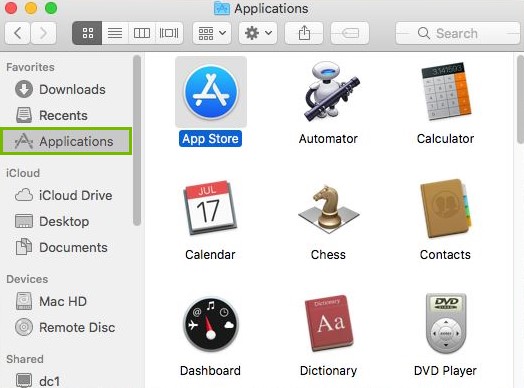Remove Hidden Spyware In
Minutes For Free

Detect and remove spyware, keyloggers, tracking cookies, and other
threats that slow down your PC or steal your data.
Authored by: Support.com Tech Pro Team
macOS Mojave was released on September 24th, 2018.
This guide will walk you through some of the changes and features you'll find in Mojave.

There are many new features available in macOS Mojave.

macOS Mojave introduces a new Dark Mode to provide a better viewing experience for some users. You can switch between Light and Dark whenever you want.



You can also look through the other options here to customize your Mac to look just the way you want it to.
There are a great number of further changes 'under the hood' to provide more usability, security, and privacy to the Apps you use daily on your Mac.
For further information on these changes, visit www.apple.com/macos/mojave/ with your web browser.
macOS Mojave introduces Dynamic Desktop; the image will change color and look to match the time of day you are using the computer.




Your desktop background will subtly change color throughout the day, to reflect the light, direction, and if it's in sun or moonlight.
You may return to this option to make changes at any time.
Desktop Stacks are a way to organize the files on your Desktop. Rather than having icons for every file on your desktop, your Mac will try to group files together automatically, and provide stacks you can expand and collapse, making it neater and cleaner.




You can turn this feature on and off at any time.
Screenshots are saved on the desktop of your Mac.

All of the options to capture screenshots are still available, and described below. In Mojave, a new screenshot tool has been added to make it easier to capture, as well as record your screen.








Apple News provides a curated, simple way to access and read current news topics across a variety of sources.



Apple Stocks provides a simple way to monitor the companies you invest in, as well as stock tickers to watch the stock prices, combining a list of business news articles to go along with each.



Apple Home is a tool to access your various home automation devices from a single interface.
You can now access your Apple HomeKit system from your Mac, as well as from your iPad, iPod, and iPhone.
The Home application can be found in the Applications folder.



We have a special guide setup to walk you through the process of setting up Apple Home.
Clicking this button will open a new guide that will provide you with steps to resolve your issue.
Voice Memos provides a convenient way to make small recorded notes to yourself or others, and share them between your Mac, iPhone, and iPad.



The App Store has changed look, but not functionality; you can still visit to search for and find Apps for your Mac. Now, it is a bit easier to find what you are looking for, and has a new style.



The emoji keyboard allows you to easily pick the emoji, symbol, or object to put into your messages and documents to convey your feelings fast.


